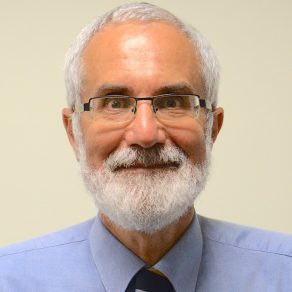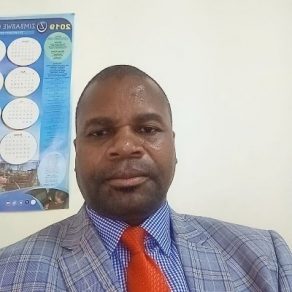University of Malaya, Malaysia
Ecolinguistics for Ecojustice:
Expanding Possibilities for an Ecologically Inclusive, Respectful and Compassionate World
Since the work of Haugen (1972) and the oft-cited speech of Halliday (1990), a great deal has been accomplished in ecolinguistics. This includes the establishment of professional associations such as the International Ecolinguistics Association; a research institute (the Center for Ecolinguistics at South China Agricultural University); at least two dedicated journals (Ecolinguística: Revista Brasileira de Ecologia e Linguagem (ECO-REBEL), and Language & Ecology; see also the Journal of World Languages); a free online course (The Stories We Live By); and several excellent books on the topic. This talk, which draws upon insights from a number of projects and scholarly suggestions based on ecojustice considerations, explores possible actions ecolinguists can take that reflect and contribute towards the ethical spirit of the field, and encourages reflexivity, brainstorming, sharing of work and other forms of collaboration. It is suggested that ecolinguistics as a field can and should continue working at the forefront of engaging with language issues and harnessing the power of language as a tool for justice for the billions of humans facing different forms of discrimination in their daily lives, and for other living beings on earth, in our collective effort to promote and sustain an ecologically inclusive, respectful and compassionate world for all.




